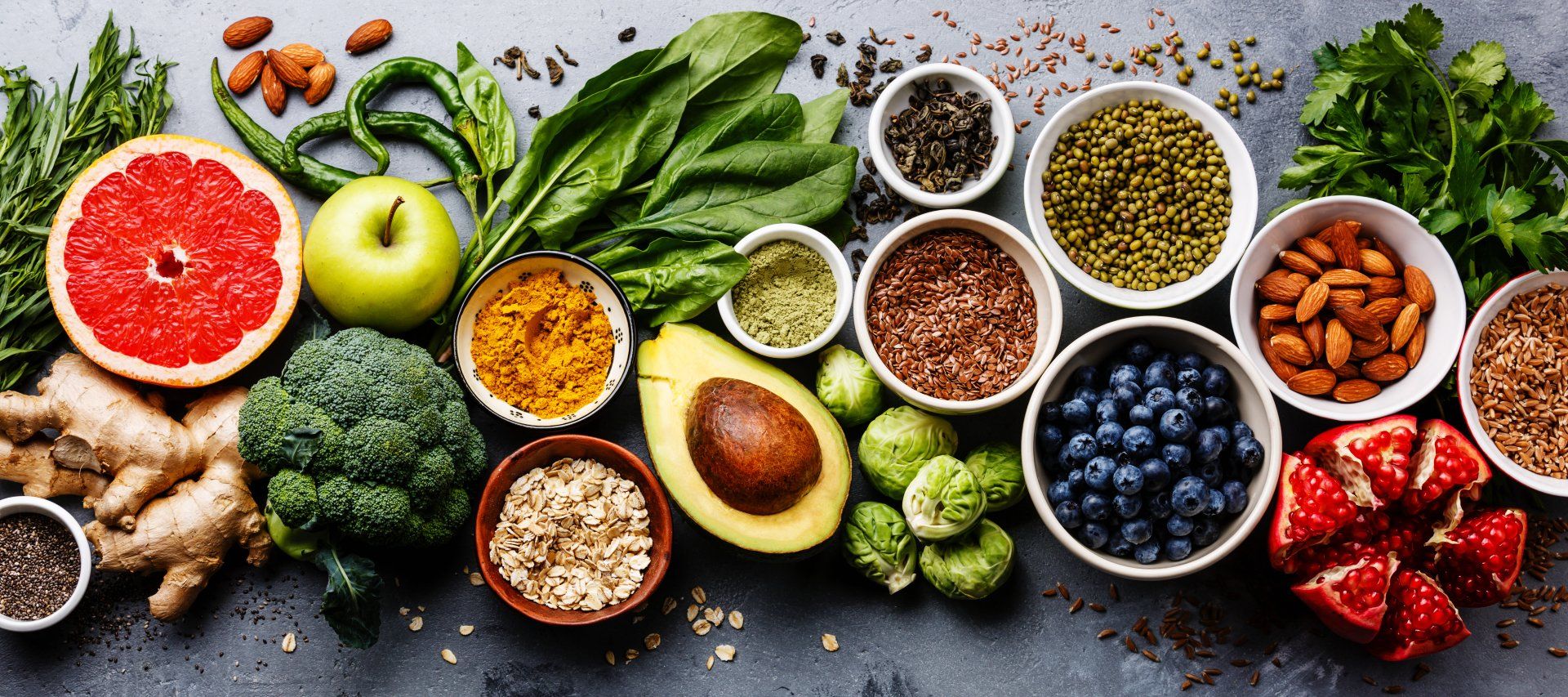Carrie Eckersley RD BSc (registered dietitian)
Food may not be the first thing on your mind when training as a dancer but fuelling your body appropriately can make a huge difference to your energy, stamina, body composition, physical and mental health.
Classes at dance college involve many hours training, coaching and performing daily, and neglecting your diet can find you reaching for the nearest chocolate bar or can of sugary pop to find the energy to get through the next class. Whilst sugary snacks can provide a quick source of energy, they contain little additional nutritional benefit. The good news is that if you take time to follow a healthy, balanced diet you should be able to meet your nutritional requirements to maintain energy levels, a healthy weight and promote physical and mental wellbeing.
So, what is a healthy, balanced diet?
A balanced diet provides the right amount of carbohydrates, proteins, fats, fibre, vitamins & minerals and water to maintain physical health.
Choosing foods from the following food groups helps provide the right balance you need:
Carbohydrate foods such as grains and starchy vegetables are the main source of energy, so should be consumed at most mealtimes. Wholegrain options such as oats or wholemeal pasta, rice or bread are digested slower than refined or sugary carbohydrates so keep releasing energy for longer. They also provide essential fibre to keep your digestive system happy.
Protein foods such as fish, lean meat, eggs, pulses, seeds, nuts and dairy foods are essential to build and repair body tissue, including muscles. The harder your body works, the harder it needs to repair, so choose a protein food at each mealtime.
Fruits and vegetables provide vitamins, minerals, fibre and energy. Aiming for at least five portions as day, with a variety of different colours is a good starting point. Choose from fruits, veg and salad items at each meal and snack time.
Dairy and dairy-free alternatives provide calcium which is essential for bone strength and other essential body processes. These foods include milk, yoghurt, cheese, as well as dairy-free alternatives which are usually fortified with calcium. Fish with bones such as tinned sardines or salmon, and seeds, pulses and green, leafy veg are all dairy-free sources of calcium. Choose low-fat dairy options to limit saturated fats. A healthy diet should include two to three portions of calcium rich foods daily, for example 200ml skimmed or plant-based milk, a low fat or plant-based individual portion yoghurt and a tin of mackerel would provide the calcium you need daily.
Fats are also an important source of energy as well as used for essential body functions such as the transport of fat-soluble vitamins (A, D, E & K) and the synthesis of essential hormones. They are therefore an essential part of healthy balanced diet, but the type of fats and amount is important to consider. Fats provide 9kcal/g which is more than twice as much energy per gram than protein and carbohydrates, which each provide 4kcal/g. This means that a meal that is high is fat can provide more energy than you need, which can contribute to weight gain. Saturated fats – fats that are solid at room temperature – should also be consumed in limited amounts. Instead, choose mono and polyunsaturated fats - those that are liquid at room temperature - to provide the essential fatty acids your body needs as part of your daily diet – vegetable and olive oil, nuts and seeds and oily fish.
Water
is key to health. We are after all up to 60% water. You should aim for at least 6-8 glasses of sugar free drinks a day, but remember if you are very active and sweating, you’ll need to replace the fluid lost, so will need more. Keep a water bottle with you during classes and refill regularly.
--------------------------------------------------
Example meal plan
(based on 2500kcal, 115g protein a day – Note, if you are very active, your nutritional requirements will be increased)
Breakfast:
45g porridge oats, 250mls semi-skimmed milk, 100g frozen raspberries (defrosted) (450kcal, 15g protein)
Mid-morning snack: banana, 100g low fat natural yoghurt, 25g unsalted nuts (350kcal, 15g protein)
Lunch:
50g pasta, 75g can tuna in brine, 50g sweetcorn, 100g tomatoes, 100g cucumber, 1tbsp salad dressing / light mayo (cook pasta, drain & chill, mix with other ingredients) 2 satsumas (400kcal, 26g protein)
Mid-afternoon snack:
Flapjack / cereal bar (250kcal, 5g protein)
Evening meal:
75g couscous, 125g chicken breast, 1/2 onion, 1 clove garlic, 100g chopped peppers, 100g diced courgettes, 1 tbsp chilli sauce (dice & stir-fry onion & garlic using 1 tbsp vegetable oil, slice & add chicken until browned, then add peppers and courgettes until all cooked through, cook couscous, stir through chilli sauce and add cooked couscous, mix and serve. (600 kcal, 42g protein)
Evening snack:
2 slices wholemeal toast, 2 tbsp peanut butter (350kcal, 12g protein)







